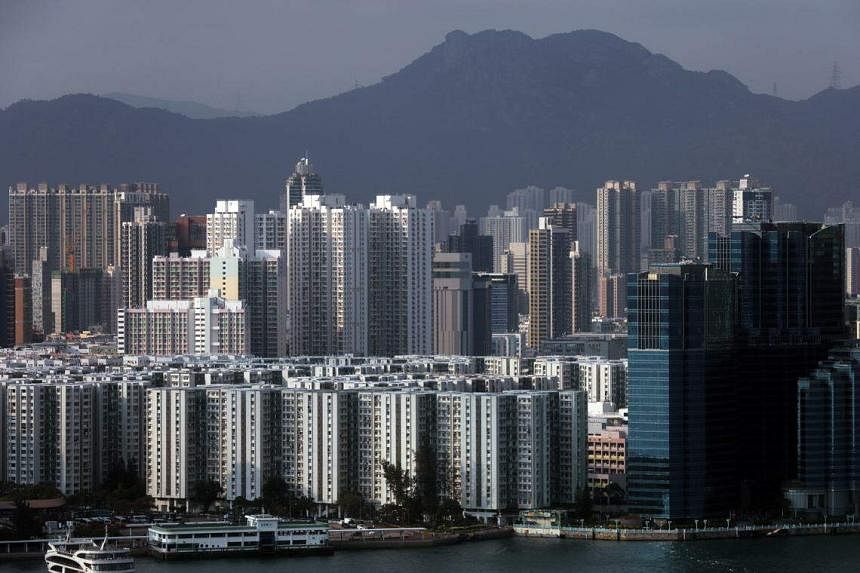Global Courant 2023-04-14 12:32:00
BEIJING – Mr. Liu Baoxiang, who runs a mahjong parlor in a city on China’s rust belt, has stopped spending on extravagant fashion items after seeing the two flats he owns lose about a third of their value over the past two years.
“I used to be considered wealthy in the area,” says Liu, who also owns commercial real estate in the northeastern city of Liaoyuan. “I used to buy mink coats for tens of thousands of yuan, but I hardly bought any and haven’t traveled lately.”
While parts of China’s real estate market, which accounts for about a quarter of economic activity, are showing tentative signs of stabilization, the impact of the sector’s sharp downturn since 2021 is still rippling through the economy, clouding its recovery.
Economists call this the wealth effect: wealth owners who feel poorer after a sharp fall in prices tend to cut back to rebuild their fortunes.
This phenomenon is now playing out in China, where about 70 percent of household wealth is in real estate, and weighs on the post-pandemic recovery in household consumption, which Chinese policymakers have promised will become a more prominent driver of economic growth. become.
Capital Economics estimates that household net worth will fall by a total of 4.3 percent in 2022 due to falling home and stock prices, the first drop since at least 2001.
“Households appear to have scaled back consumption in response to negative wealth effects,” said Julian Evans-Pritchard, head of Chinese economics at the research firm. “Recent homebuyers with large mortgages will have suffered the most and therefore probably cut the most.”
Small town blues
Residents of smaller cities feel more pain than residents of large centers such as Shanghai or Beijing, where house prices are more stable.
Average new home prices in the 35 smallest cities of the 70 surveyed by the statistics agency, known as “tier 3,” saw their 13th consecutive month of year-over-year declines in February.
The agency won’t release exact prices, but real estate agents say they are 20 to 30 percent off peak in some of those cities and even further out in smaller cities not covered by the official survey, such as Liaoyuan.
For new homes, the nationwide average price per square meter was 10,558 yuan ($2,045) for sales in January-February 2023, down 6 percent from the January-February 2021 peak, according to separate data from the bureau of statistics.
A resident of the northern city of Langfang said her flat now costs 8,000 yuan per square meter, less than half of the 18,000 yuan she paid for it three years ago.
“I have paid hundreds of thousands of yuan for a down payment, paid off more than 1 million yuan in loans and currently have more than 1 million yuan in loans to pay back,” said Emily, who only gave her first name for privacy reasons. “I am not going to spend any money on anything this year. I have to tighten the belt. The suffering is unbearable.”






